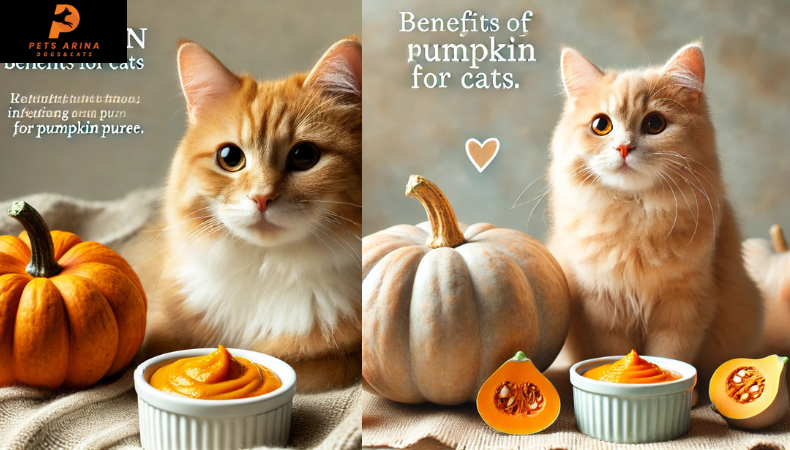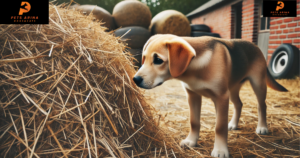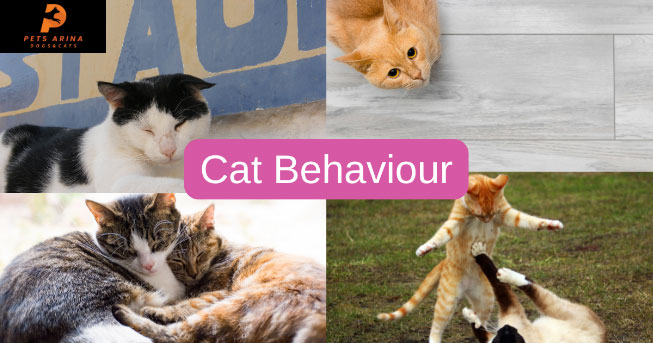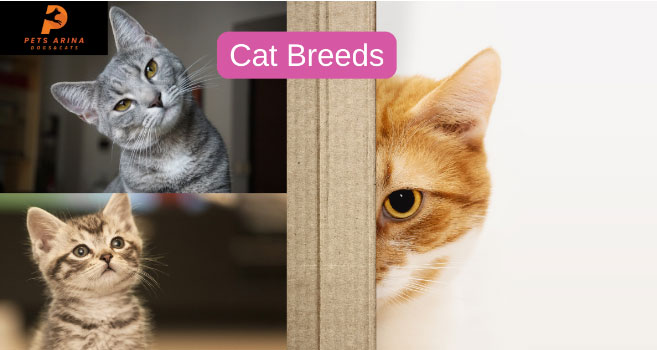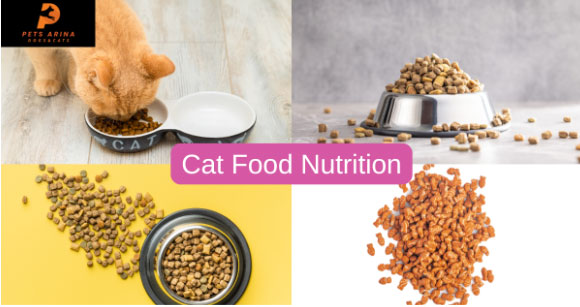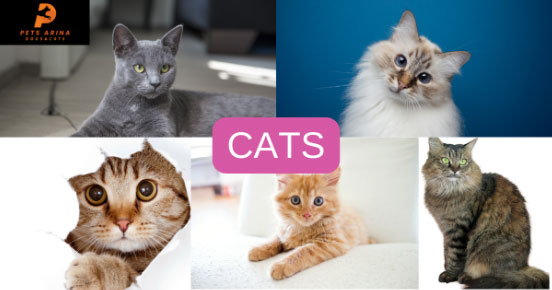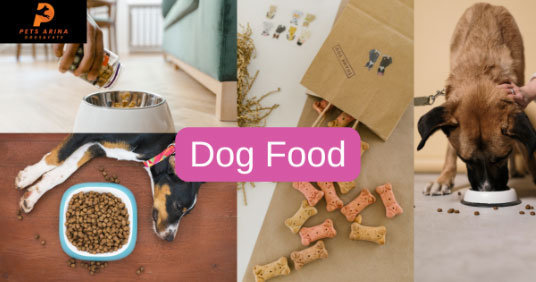Pumpkin for Cats: A Nutritional Powerhouse
As pet owners, we always look for new ways to keep our cats healthy and happy. Recently, Pumpkin has become a popular choice for cats because it’s packed with nutrients that support digestion, help with bladder health, and even make a tasty treat! If you’ve ever wondered whether pumpkins are safe for your cat or how they could benefit their health, this article covers everything you need to know. Here, you’ll find practical tips for feeding pumpkins to your cats based on trusted veterinary advice and scientific research.
Nutritional Benefits of Pumpkin for Cats
Cats have unique dietary needs, and although they’re mostly meat-eaters, fiber can play an important role in their health. Experts in pet nutrition agree that Pumpkin is a great choice because it’s full of fiber, vitamins, and moisture, which can help keep cats hydrated and healthy. Dr. Jane Doe, DVM, a veterinarian specializing in feline nutrition, explains: “Pumpkin is low in calories but packed with helpful nutrients like vitamins A, C, and E. These vitamins support your cat’s immune system and can help with overall health.”
Pumpkin’s high moisture content also supports hydration, which is essential for cats, especially since they often don’t drink enough water. Because pumpkins are naturally low in calories, they are a good choice for cats who need to watch their weight. By adding a small amount of Pumpkin, you can give your cat a nutritious boost without overloading them with calories.
Is Pumpkin Safe for Cats?
One question many pet owners have is, “Is it safe to give my cat pumpkin?” The good news is, yes, plain Pumpkin is generally safe for cats when given in small amounts. According to the American Veterinary Medical Association (AVMA), cooked, plain Pumpkin is a safe addition to a cat’s diet, but it’s important to avoid pumpkin pie filling, which can contain harmful ingredients like sugar and spices.
Veterinarians often recommend starting with a teaspoon of plain, cooked Pumpkin mixed into your cat’s regular food. Dr. Alex Smith, DVM, advises, “Start with a small amount, and monitor your cat’s reaction. Some cats take to Pumpkin right away, while others may need time to adjust.” As always, consulting your veterinarian before adding new foods to your pet’s diet is the best way to ensure safety.
Benefits of Pumpkin for Digestive Health
One of the standout benefits of Pumpkin for cats is its support of digestive health. Research published in the Journal of Feline Medicineshow that fiber can help regulate bowel movements, making it useful for cats with both constipation and diarrhea. For cats with constipation, Pumpkin’s fiber adds bulk, making it easier for them to pass stool. For cats with diarrhea, fiber can absorb excess water, helping firm up loose stool.
Dr. Sarah Lee, a pet nutritionist, says, “Pumpkin is a safe and gentle way to help cats with mild digestive issues.” Personally, I’ve found that adding a teaspoon of Pumpkin to my cat’s food has helped with occasional tummy troubles. Many other pet owners have reported similar benefits, making Pumpkin a popular choice for promoting regular digestion.
Pumpkin and Urinary Health
In addition to helping with digestion, Pumpkin can also support urinary health. Hydration is vital role play to maintaining a healthy urinary system, and Pumpkin has a high water content, which contributes to your cat’s overall water intake. PetMD, a trusted pet health resource, notes that increased hydration can help prevent urinary issues, especially in cats who may not drink as much water as they need.
Adding Pumpkin to their diet can be an easy way to give them extra moisture, helping flush out their system and support their kidneys and bladder. However, it’s important to remember that Pumpkin is only an addition and not a replacement for water. Always ensure your cat has access to fresh water every day.
Fun and Easy Ways to Feed Pumpkin to Cats
Incorporating Pumpkin into your cat’s diet can be simple and fun! Here are a few veterinarian-recommended methods to make it enjoyable for your cat:
- Mix with Regular Food: Start by adding a small amount of plain, cooked Pumpkin (about a teaspoon) to your cat’s regular food. Most cats don’t mind the taste, especially if it’s mixed well with their meal.
- Pumpkin Pops: For a special treat, freeze small portions of Pumpkin in an ice cube tray. These “pumpkin pops” are a cool snack that many cats enjoy.
- Pumpkin Paste: If your cat enjoys treats, consider spreading a small amount of Pumpkin on their favorite lick mat or toy. This way, they get both mental stimulation and a nutritious snack.
Experts say that moderation is key. “A teaspoon per day is usually enough,” says Dr. Smith. If you give too much Pumpkin, your cat’s stomach might get upset, so start small and see how they like it.
Common Misconceptions about Pumpkin for Cats
There are a few misconceptions about using Pumpkin for cats. Some people think Pumpkin can replace other nutrients in a cat’s diet, but veterinarians warn that it should only be used as a supplement to a balanced diet. Veterinary experts explain that while Pumpkin is helpful for minor digestive issues, it’s not a cure-all. If your cat has ongoing digestive issues, a veterinarian should check them out.
In my own experience, I initially thought Pumpkin could fix all my cat’s tummy troubles, but after consulting my vet, I learned that Pumpkin is best used for mild issues. This was an important reminder that professional advice is always valuable when it comes to our pets’ health.
FAQs on Pumpkin for Cats
How much Pumpkin should I give my cat?
Veterinarians recommend about a teaspoon of plain, cooked Pumpkin per day. Start with a small amount and monitor your cat’s reaction.
Can Pumpkin help with hairballs?
Yes! According to pet nutritionists, the fiber in Pumpkin helps move hair through the digestive system, which can reduce hairballs.
Is Pumpkin good for cats with diarrhea?
Yes! Pumpkin’s fiber helps absorb excess water in the intestines, firming up loose stool. It’s a gentle remedy for mild cases of diarrhea.
Is canned Pumpkin okay?
Yes, as long as it’s plain canned Pumpkin without added salt, sugar, or spices. Veterinarians and pet health organizations suggest using plain Pumpkin only.
Final Thought
Pumpkin is a simple, nutritious addition that can help with digestion, bladder health, and even hydration. Pet experts and veterinarians agree that starting with a small amount and monitoring your cat’s response is the best way to introduce it safely. Adding Pumpkin to your cat’s diet is an easy way to keep them healthy and happy, but always consult your vet for advice tailored to your cat’s needs. Next time you’re preparing Pumpkin, set aside a bit for your cat—they just might love it!
Read Also:
Mittens Morsels Cat Food Independent Review
Is it Safe Cats Eat Mochi?

